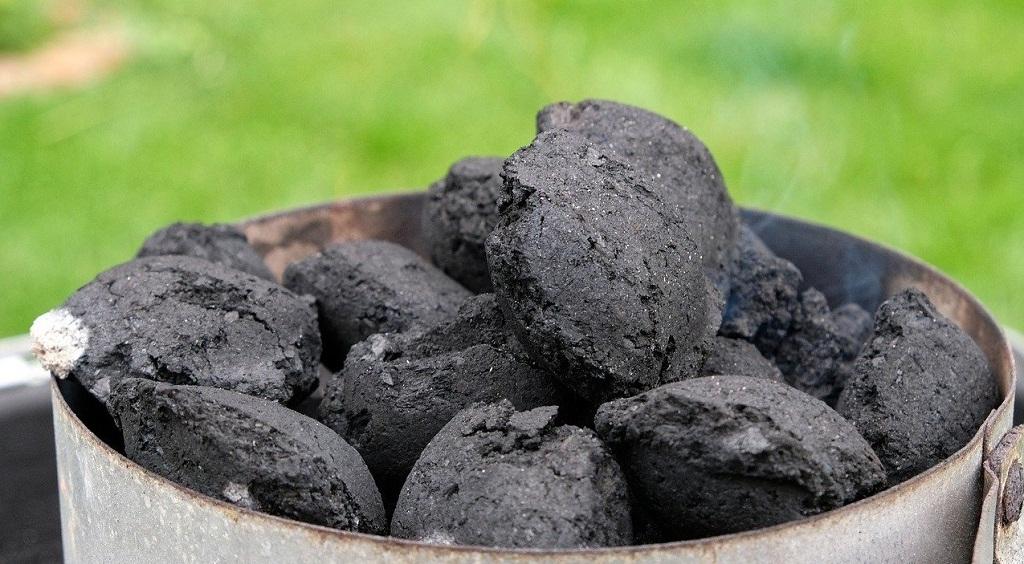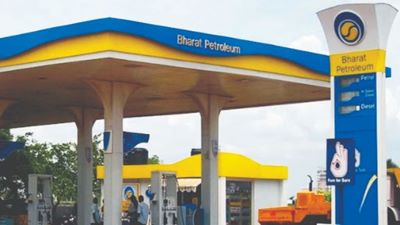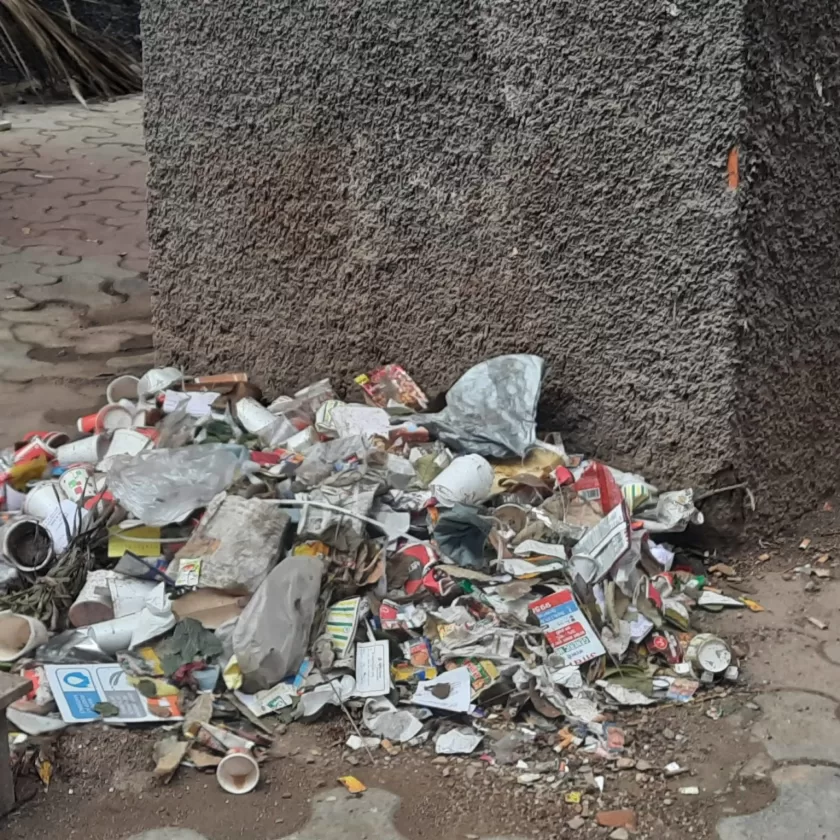National Thermal Power Corporation (NTPC) Vidyut Vyapar Nigam Limited (NVVNL) has recently commissioned a commercial ‘green coal’ plant in Varanasi, Uttar Pradesh, to produce green coal or torrefied charcoal from waste. This plant is the first-of-its-kind attempt in India to produce green coal from agricultural residue and municipal solid waste (MSW).
The project has been awarded to Macawber Beekay, a company providing turnkey solutions to power plants. Currently, the plant’s first reactor module with a capacity of 200 tonnes per day is installed and commissioned, and another two modules are in the pipeline.
What is Green Coal?
Green coal, also known as bio-coal, is considered a sustainable alternative to the polluting conventional coal as it combines agricultural residue and MSW.
It has been drawing attention due to its ability to replace coal for energy and, thus, mitigate the amount of CO2 from coal combustion. It is claimed that replacing a kilogram of coal with the same quantity of green coal can mitigate two kg of CO2.
How is it produced
Green coal production from MSW involves segregation, mixing and heating processes.
The process begins with converting raw waste into refuse-derived fuel (RDF). This is followed by the thermal treatment of the waste at a temperature of 200-300°C inside a ‘charcoal reactor’, resulting in the formation of a solid fuel with properties similar to normal coal.
The reaction inside the reactor is claimed to be relatively simple and cost-effective since the process does not require any additives or hazardous processes. It is much more efficient than traditional coal-burning processes.
The charcoal produced is further cleaned using a sieve. The purified charcoal is then mixed with exact proportions of binder and water in a mixer. The mixture is then fed into a pelletising machine, which produces the ultimate product, ‘Green Coal’.
Benefits
Green Coal, apart from being environment-friendly, has many other benefits:
Coal is extracted from mines and transported hundreds of kilometres to the utilisation point. On the other hand, green coal is beneficial in its ability to be produced locally by installing a reactor. Thus, it reduces the burden of transportation costs and is easy to store and transport in bulk owing to its solid nature.
It is claimed that green coal emits comparatively fewer pollutants such as sulphur dioxide, particulate matter and greenhouse gases than conventional coal.
It will also reduce the amount of MSW sent to landfills and thus will play a significant role in MSW management.
Concerning energy security, green coal aids thermal power plants and energy-intensive industries in reducing their dependence on fossil fuels.
These environmentally-favourable components make green coal a sustainable option for all the highly polluting sectors, such as thermal power plants, steel plants, cement plants and others that rely on fossil coal.
Apart from this pilot project in Varanasi, NVVN also stated to have signed a similar agreement with Bhopal Municipal Corporation.
In addition, Madurai, a city in Tamil Nadu, had proposed to set up a similar plant to produce torrefied charcoal at the Vellaikal dump yard. Madurai Corporation’s mayor Indrani Ponvasanth said in early March 2023 that the proposal had already been sent to the state government through finance minister Palanivel Thiaga Rajan, according to media reports.





